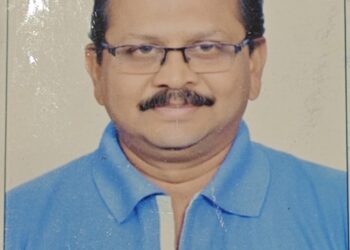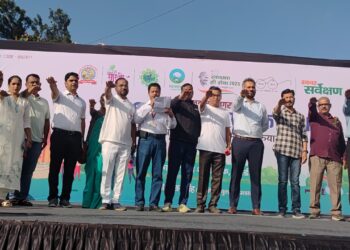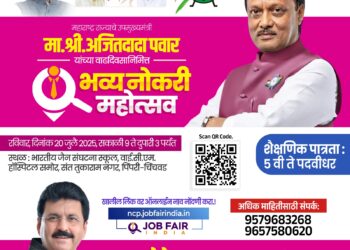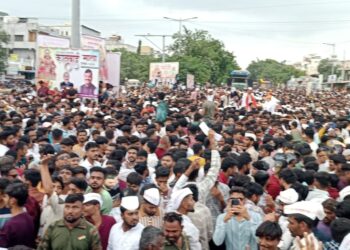Accurate data to help strengthen policy planning and the delivery of welfare schemes
Pimpri: The Pimpri Chinchwad Municipal Corporation (PCMC), in association with Divyang Bhavan, will soon initiate a comprehensive disability survey across the city to build a reliable database of persons with disabilities (PwDs) and enable more targeted and effective implementation of welfare schemes.
This large-scale effort will help assess the number, needs, challenges, and eligibility of PwDs for existing schemes. The survey will be conducted as per the Rights of Persons with Disabilities Act, 2016, which mandates such local-level surveys every five years.
Launched last year by PCMC, Divyang Bhavan is a first-of-its-kind facility in Maharashtra—a one-stop centre for rehabilitation, therapy, assistive services, skill development, and empowerment of PwDs. The upcoming survey will serve as a crucial input for Divyang Bhavan’s planning and service delivery, making it an even more effective hub for disability-related support across Pimpri Chinchwad.
Unlike the previous framework that recognised only seven categories of disabilities, the current legal provision includes 21 types, with clear guidelines issued by the Government of Maharashtra on March 16, 2024. These include standard operating procedures and a detailed implementation plan that PCMC is following to conduct the citywide door-to-door survey.
The initiative will be carried out under the guidance of Municipal Commissioner and Administrator Shekhar Singh, who has directed officials to complete the survey in a time-bound manner and ensure the accuracy of data. The Social Development Department has appealed to PwDs and their families to actively participate in the process, provide correct information, and share the necessary documents during the survey.
Key objectives of the survey:
To identify types of disabilities and understand which government schemes and services beneficiaries are currently accessing.
To assess the socio-economic conditions of PwDs for better policy design.
To identify skill gaps among PwDs and design training or upskilling programmes to support employment and economic participation.
To explore gaps in existing welfare schemes and suggest new policy interventions if needed.
To track disability patterns in the family for early detection and preventive planning.
To raise awareness about disability rights and strengthen local administrative mechanisms to protect and deliver these rights.
To provide referral information for early intervention when disabilities are detected in newborns or infants.
To identify unemployed but skilled PwD youth and women for employment or self-employment opportunities.
To understand the needs of elderly persons with disabilities and create customised support mechanisms.
Survey Methodology:
The survey will be conducted through both online and offline methods. Women’s Self-Help Groups (SHGs), ASHA workers, and local representatives from the disability community will be actively involved. A dedicated mobile application is also being developed to facilitate digital data collection.
“Accurate data is the foundation for designing impactful schemes. This survey will help us deliver more effective and inclusive services for persons with disabilities across the city.”
— Shekhar Singh, Municipal Commissioner and Administrator, PCMC
“Bringing persons with disabilities into the mainstream of society and the economy is the central aim of this initiative. This survey will be a key step in ensuring that all government schemes truly reach those in need.”
— Pradip Jambhale Patil, Additional Commissioner, PCMC
“Disability survey is the need of the hour, as it will enable more effective planning of necessary facilities for their empowerment and support their inclusive development.”
— Paresh Gandhi, CEO, PCMCDBF














